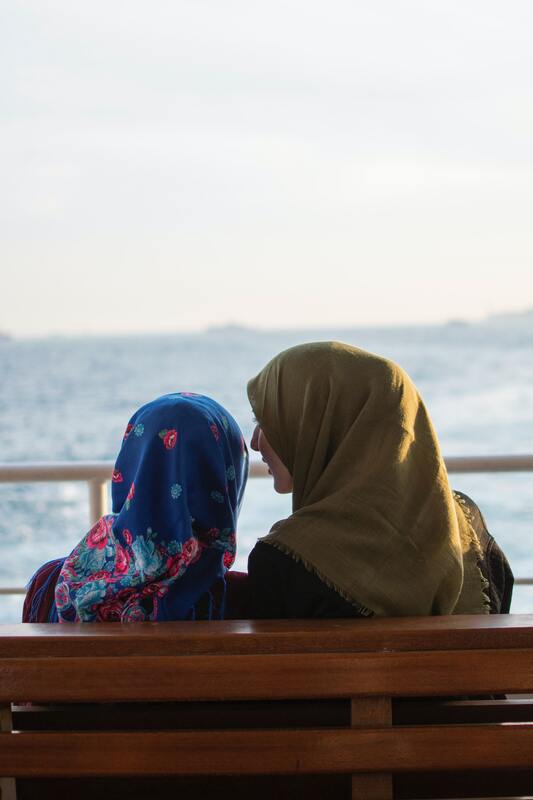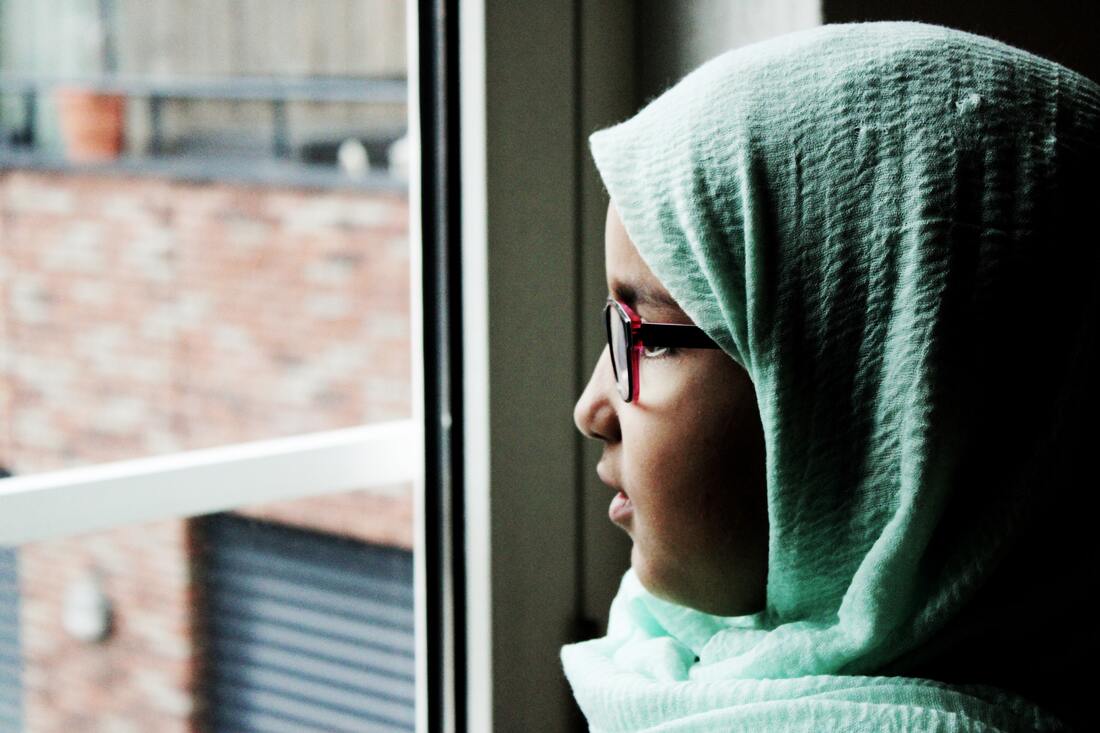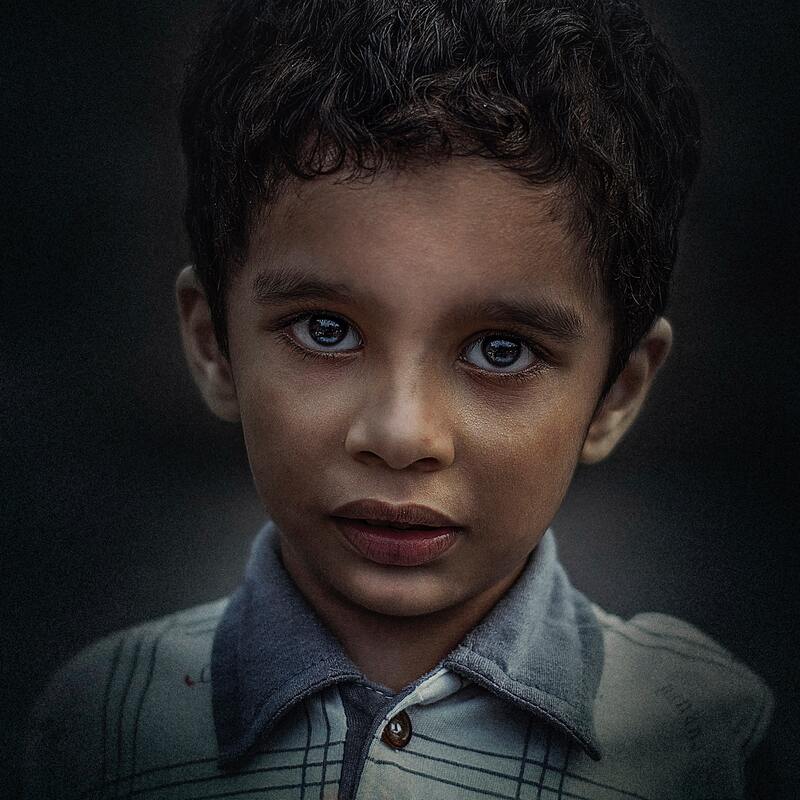
Photo by Mihai Surdu on Unsplash
|

Photo by Rachid Oucharia on Unsplash

Photo by Qasim Sadiq on Unsplash
|
Question: Does Islam say that human beings have free-will?
Response from Farhan Shah
First, “islam” does not “say” anything at all. Human beings, Muslims, speak and say X or Y about Islam as a phenomena. The scripture is mute. Existentially, the religious texts are perpetually subject to our active interpretation of it. That is to say, we always encounter the sacred text defined and characterised by the intentions, attitudes and motives we choose to have and the evaluations we make. This does not imply a kind of theological relativism, that anything goes. But it is to argue that our interpretations of the text itself is contingent upon the intentions, hopes, attitudes, and preconceived notions we bring to it (projection into the text). The text itself does not speak for itself. It needs interpreters. That is, the text is "hungry for" rather than "impregnated with" meaning. Furthermore, since human consciousness is embodied (contingent on time and place), we are only able to understand what sacred texts "are" rather than what they "ought to be".
Expressed differently, a believer or an interpreter who brings a hateful consciousness will encounter a different reading of the text than from the one who brings a loving and compassionate heart and mind. Moreover, textual polysemy tends to make such issues complex and intricate, as the theological-philosophical evolution of Islam in particular, and Judaism and Christianity in general, shows us.
Second, the Qur`an is quite ambivalent on the question of whether humans have genuine freedom or not. However, there is much in the scripture that implies that humans are self-determining. It is possible to interpret passages from the Qur'an toward anti-determinism and anti-fatalism. The Muslim process-existentialist philosopher Muhammad Iqbal (d.1938) has perhaps the most radical interpretation about human freedom and the openness and contingency of human existence in modern Islam. (See Iqbal's book entitled The Reconstruction of Religious Thought in Islam).
Briefly speaking, for Iqbal, human consciousness is not a fixed or determined entity, but rather a perpetual flight toward an open future. Or, as Alfred North Whitehead says, “in human consciousness, the conceptual entertainment of unrealized possibility becomes a major factor.”
This needs unpacking.
Our actual conscious as well as pre-reflective experience includes making decisions among various possibilities of thought and action. That is to say, we adopt some real possibilities and abandon others. In the present, we are causal agents rather than merely the products of the past. These experiences are supported by both common sense and phenomenological evidence. If we take seriously these experiences and ideas, we can assert that there is a difference between what may happen and what does happen. That is, there are more possibilities than actualities. Some possibilities for the future are actualised, while some are not. If we accept this thesis, then we can understand our experience moment by moment as the product of the interactions between the actualities of the past and the relevant potentialities in the present. The options we are confronted with offer themselves as pure potentials, not necessities. The reality of multiple possibilities requires freedom and decision-making but does not determine what that decision is or will be.
Put differently, Iqbal`s conception of Divine creative influence as persuasive rather than coercive revolved around the notion that God provides human beings with an ideal aim (initial aim). This is an impulse or urge to actualise the best possibility open to it, given its situation. However, this ideal possibility does not deterministically or automatically become our own possibility. Rather, this aim or possibility is a result of human choice. In other words, the human agent may choose to actualise the ideal possibility. Nevertheless, it may also choose from among the other possibilities open to it given its concrete situation. As Muhammad Iqbal says: “my pleasures, pains, and desires are exclusively mine, forming a part and parcel of my private ego alone. My feelings, hates and loves, judgments and resolutions, are exclusively mine. God Himself cannot feel, judge, and choose for me when more than one course of action are open to me.”
This means that existence precedes essence. That is, what we are as human beings is not decided for us by God, by history, by society, by class, or by our personal past. We decide in the act of existing. We may try to flee the radical freedom and responsibility that this places upon us, but such evasion is itself an act of decision and freedom as to what we are. Moreover, there are no pre-established rules that either normatively or factually govern our existence. Each situation is unique. If we choose to apply a rule, that is the choice for which we are responsible. There is no predetermined or preordained end toward which we are directed (rigid teleology). The future is radically open; it is a line in becoming. In other words, it is the note of the novum, i.e. the qualitatively new, which is of the essence of the future to which one is open, and the future has this openness not merely because human decisions are not predetermined, but rather because the radically new, the creative novelty, cannot be anticipated.
Furthermore, the human condition is radically contingent and ambiguous. There is no pre-existent plan that includes us and assign us a specific role in the scheme of things. We experience ourselves as “thrown” into the world. However, God has not abandoned us. God seeks to persuade each agent toward that possibility for its own existence which would be best for it, but God cannot choose or control the self-actualisation of human agents. It is in this situation, marked by contingency, randomness, and an open future, that we must assume our existential freedom and responsibility for ourselves, for our societies, and for our world with its non-human communities of life. It is terrifying, but exhilarating.